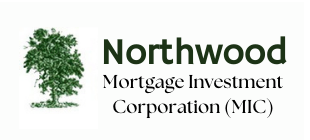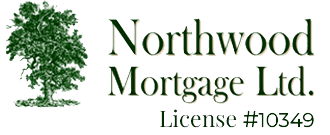As housing prices continue to rise across the country, many retirees could turn to reverse mortgages to help them enjoy their golden years.
What is a reverse mortgage?
The concept of a reverse mortgage is quite simple. Instead of making monthly payments on your mortgage, you’re drawing down the equity you’ve built up. So, you are receiving money that you can use to help you pay for anything you want. In Canada, you’re able to borrow up to 55 percent of the value of your property. The loan will be paid back when you sell your home and move or pass away, in which case it will come out of your estate.
Benefits of Reverse Mortgages
There are several reasons that homeowners may want to use a reverse mortgage for retirement, including:
- Get a lump sum to help cover costs of living, vacation, healthcare, etc.
- Receive regular payments that can help you enjoy retirement.
- You get to stay in your home.
- So long as housing prices continue to rise, so will the equity you have in your home.
- Can access funds that would be unavailable otherwise.
- You won’t have to pay tax on the money you borrow.
Drawbacks of Reverse Mortgages
Although applying for a reverse mortgage seems to hold some advantages for those who are nearing retirement age, there are also some drawbacks, such as:
- Interest rates are higher for reverse mortgages, and it will come out of your home equity.
- Reduces the size of your estate left for your family and beneficiaries.
- You will be expected to pay back what you received, including the interest.
- You’ll need to pay any loans or lines of credit that are secured by your property before your application is approved.
- There are extra costs involved, such as appraisal, set-up, and legal fees.
- You’ll face a prepayment penalty fee if you pay the mortgage off early.
Is a reverse mortgage right for you?
A reverse mortgage could be the right choice for you, or it might not be. It really depends on your situation, which is why you should talk to a mortgage broker before you decide. A mortgage broker can help you find the best mortgage product, but they can also offer you advice if they don’t feel it is the right option.
Some questions that you can ask your mortgage broker in Ontario include:
- Are there any fees involved?
- What is the interest rate on the mortgage?
- How long will you have before you need to pay off the loan if you decide to move out?
- What happens if your home’s value drops lower than the amount of the loan?
In some cases, you may be better off by selling your home and downsizing instead of chipping away at the equity that you’ve built up.
If you are interested in learning more about reverse mortgages, call Northwood Mortgage at 888-492-3690 or contact us here.






































